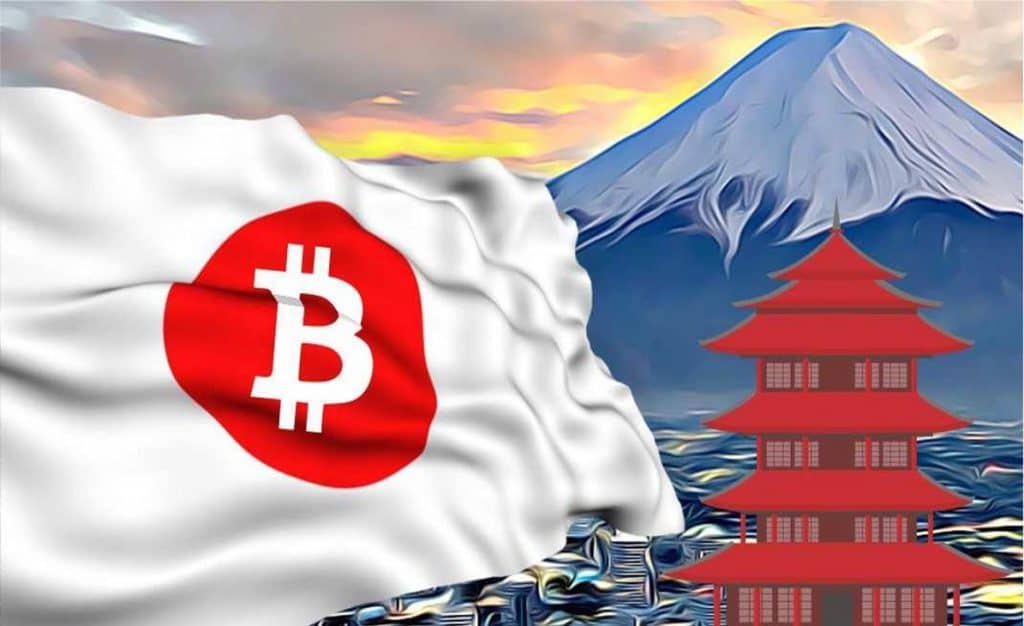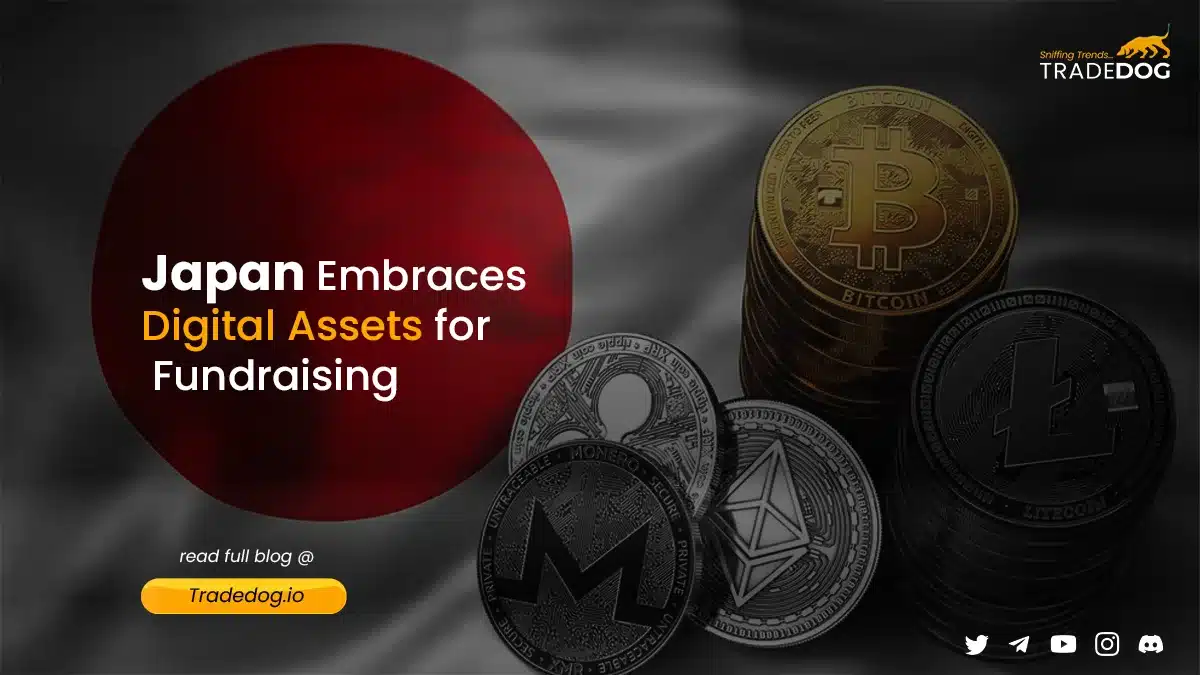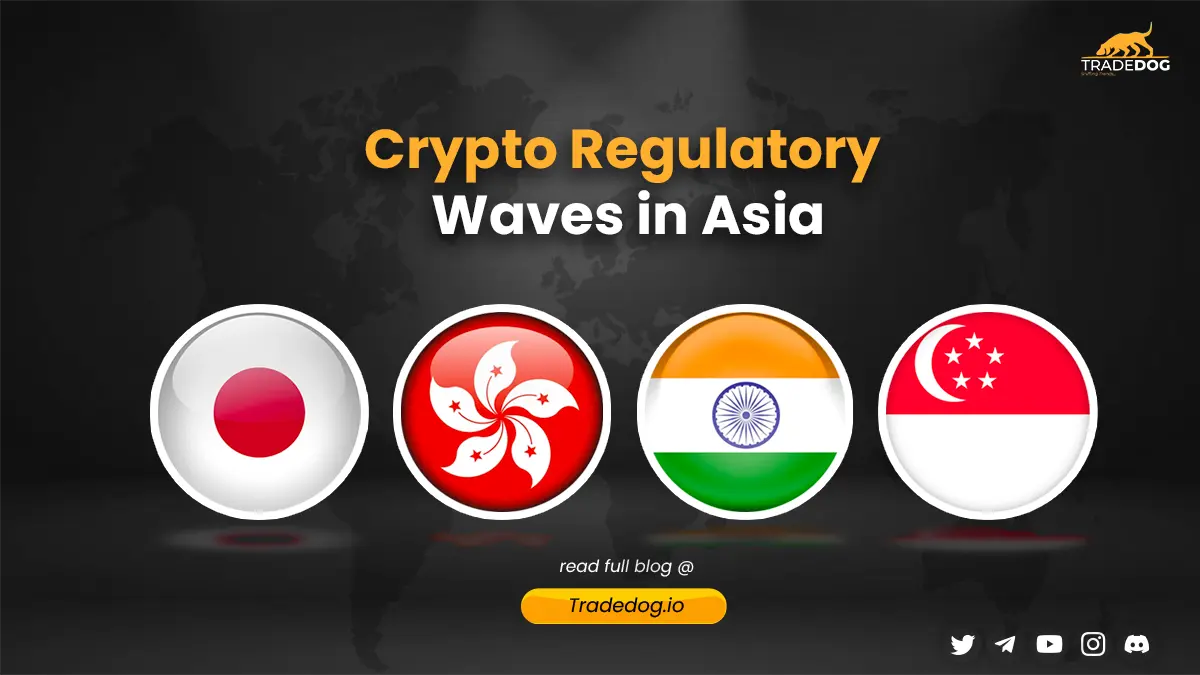Decentralised Finance has seen a lot of progress in the last year. The industry has offered a way for people to carry out transactions and exchange values without the need to report to or be monitored by a central body. In other words, a lot of centralized financial institutions are losing a lot of money and businesses to this new phenomenon.
As of the time of writing this article, the Total Value Locked (TVL) on DeFi platforms is approximately $120 billion, up by almost 440% since the last year.

This boom has seen institutions and high-net-worth investors showing interest in the space. Because of the lack of a definitive framework, it has been especially tough for the ecosystem to have any regulations yet.
Japan’s Financial Services Agency (FSA) addressed this in its latest FinTech report where it extolled chalking regulations to guide the Decentralized Finance sector. While this report raised concerns about the Defi ecosystem escaping existing regulations, it also spoke of the many benefits and opportunities that exist in the industry by providing new business trends and avenues in the cryptocurrency world.
Specifics of the report included key meetings and a summary of the conference held by the FSA team.
With more than 3.5 million citizens actively trading digital assets, the crypto industry in Japan has been one of the most active straight from the start. As of 2018, on a given day, Japan was either the second or third largest Bitcoin economy in the world. The Japanese Yen averages about 11% of the global trading volume for Bitcoin, with only the South Korean, winning its competition for global trading dominance after the US dollar.
Between October 2020 and February 2021, the monthly crypto transaction value increased from 73 million yen to 417 million yen. In March 2021, Japan’s virtual currency deposits also hit a record high of 1.41 trillion yen. This was a 7X increase from the previous year. All of these are very impressive because for a country of 127 million people, accounting for 11% of the global trading volume is a huge influence per capita on the crypto ecosystem.
All of these positive statistics have allowed cryptocurrency businesses to thrive in the country. Top companies in Japan accept Bitcoin and other cryptocurrencies as a form of payment for products and services and this continues to attract even more companies. An example is the American crypto exchange Coinbase entering the Japanese market last month. This crypto-friendly environment is possible and only exists because, in Japan, cryptocurrencies are recognized as legal properties under the Payment Services Act (PSA) and crypto exchanges are also legal and must be registered with the Financial Services Agency (FSA).
Classifying services and assets linked with cryptocurrencies like this has seen Japan regarded as the world’s most progressive regulatory climate for cryptocurrencies. Non-compliance by exchanges to the PSA rule results in strict consequences like what was faced by Bybit and Binance recently.
Back in May, the Bank of Japan (BoJ) issued a review that tackled Decentralized Finance and its governance mechanisms. The report concluded that there could be a rapid increase in the adoption of Defi across the country. A rise that would cater to the needs of newer generations by creating prodigious financial services while also improving access to financial products and ecosystems.
The report however also addressed the need for regulations citing a situation whereby a smart contract or leveraged agreements failed.
Finally
Regulating Defi worldwide has been a tricky task as these institutions are almost impossible to hold accountable unlike what is obtainable with the banks and other intermediaries. Regulatory bodies have also been unable to keep up with the rapid expansions and innovations sprouting out of the industry as new tools and products keep popping up regularly.













